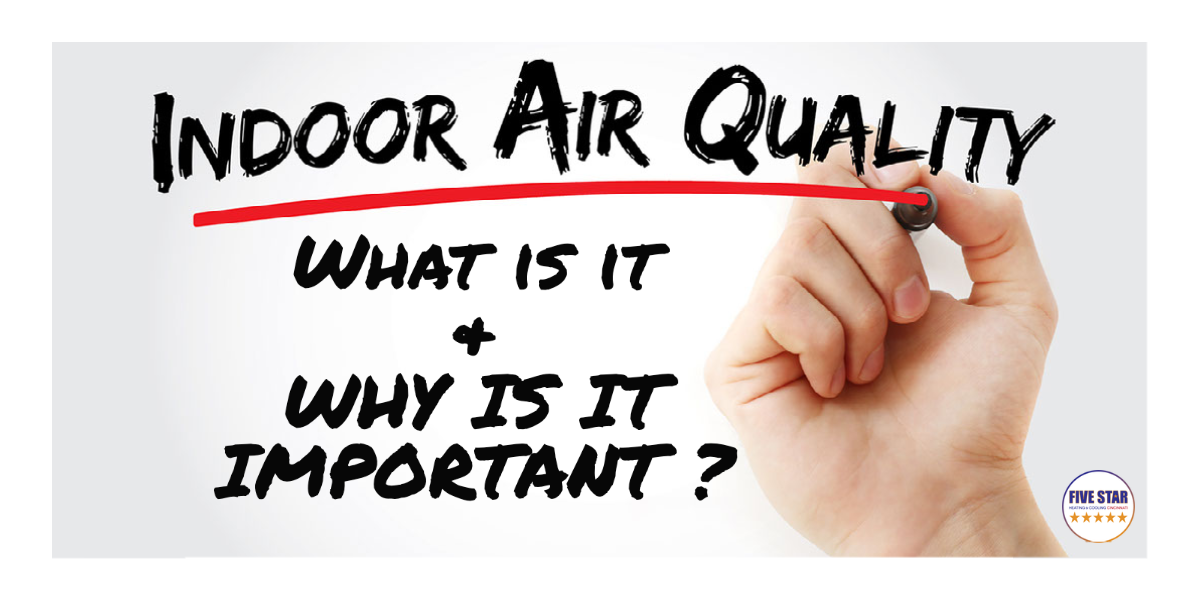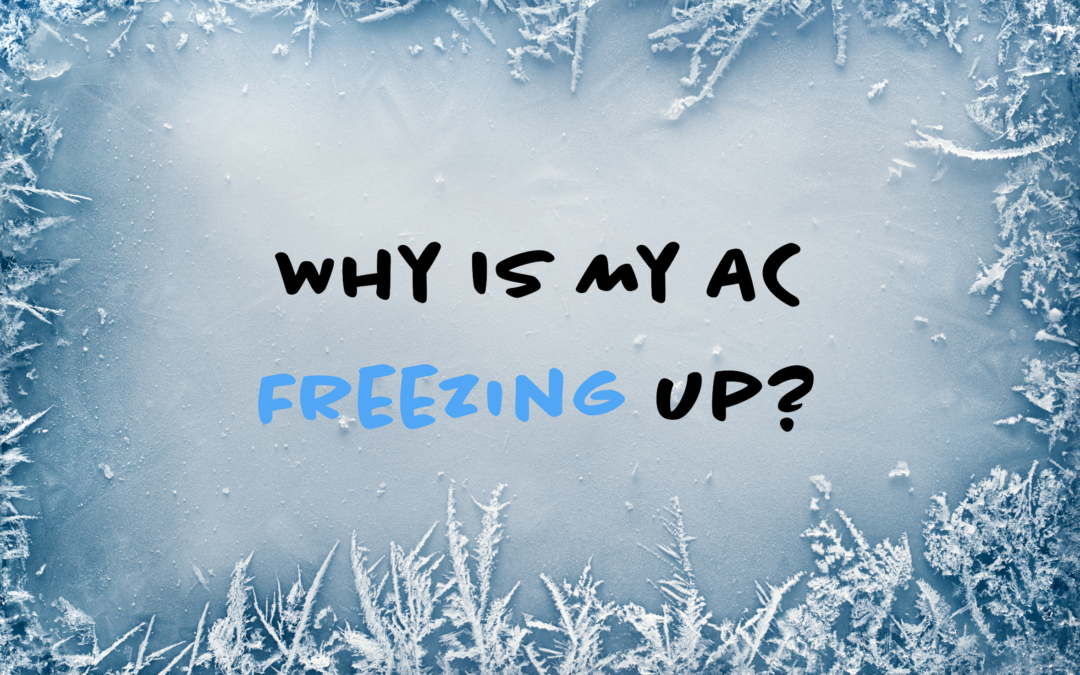Often when we hear the word pollutant, we automatically think about some form of outdoor pollution. Our minds don’t naturally defer to the indoors when we think about air quality. However, at Five Star Heating & Cooling Cincinnati, we understand from an HVAC perspective how indoor air quality affects our valued customers.
Indoor air quality alludes to the quality of air inside and around a building such as a residential home. It is also commonly known as IAQ. IAQ is a crucial topic because the air quality an individual is exposed to, whether once or multiples times, can reap long-term and short-term side effects upon an individual or multiple people. The health effects it can have upon a person can be detrimental to their health. So let’s take a glance at pollutants and how to improve the indoor air quality in your home.
What Is an IAQ Thermostat?
Most smart thermostats come with various progressive features. A smart thermostat has more benefits than just conserving energy. Many smart thermostats, such as The Nest Learning Thermostat, can detect negative indoor air quality. The thermostat will automatically turn on the HVAC system’s fan in order to encourage airflow and guide the stale air back into the return ducts. Investing in a smart thermostat is a win all around. From energy savings to improvement in IAQ, they will reap multiple benefits.
How Do Air Filters Improve IAQ?
One of the easiest ways to improve air quality in your home is by regularly changing out your air filters. Generally, we recommend swapping out your air filters for new ones every 1 – 2 months. Air filters trap airborne pollutants such as dust particles, pet dander, loose debris, and allergens. If these particles build up, air passing through the filter and vent will allow the contaminants to flow back into the open air and circulate throughout the home. This, of course, is counterproductive to the purpose of an air filter.
What Does the iWave-R Do for IAQ?
The iWave-R is a whole home purification system that works with your existing HVAC setup. With the recent events over the past couple of years, homeowners have started looking for ways to purify the air inside their homes. The iWave-R is an excellent option due to its ability to eliminate airborne impurities and viruses. If you would like further information about it, please feel free to call us!
What Does a Humidifier Vs. a Dehumidifier Do in Terms of IAQ?
The recommended level of humidity in a home should be between 30% – 50%. Depending on your home’s structure and the season, you may encounter either dry air or overly moistured air. Dry air tends to cause short-term issues such as dry skin, bloody noses, and breathing or sleeping issues. While excessively moist air creates the perfect environment for mold and mildew to grow. This causes hazardous long-term health issues related to respiratory or heart problems. A humidifier will solve your dry air issue by raising the humidity levels. A dehumidifier will reduce the humidity in your home while also helping to eliminate any unpleasant, musty-smelling odors. Depending on which issue you are faced with, both options will help improve the IAQ in your home.
Indoor air quality can continue to be a concern if the underlying issues are ignored and not addressed. But don’t worry, Five Star Heating & Cooling Cincinnati is here to help you tackle all of your IAQ needs. If you have any questions or want more information on any of these indoor air quality components, please don’t hesitate to contact us. We are open 24/7, 365 days a year! We would love to show you what it means to experience the five-star difference! Call us at (513) 216-5011, or schedule an appointment online by clicking here!






